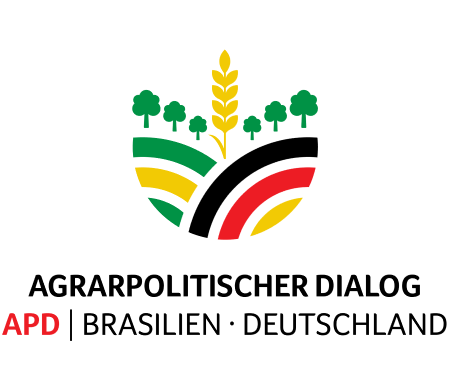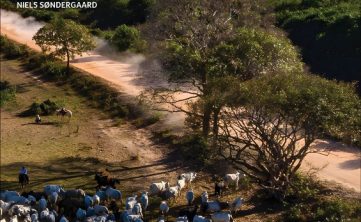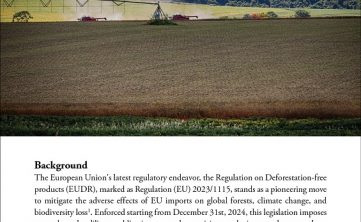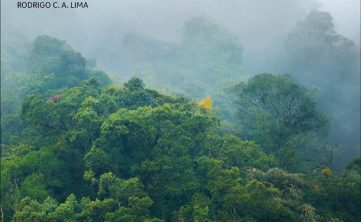Opportunities for deforestation-free supply chains through producer-consumer country partnerships
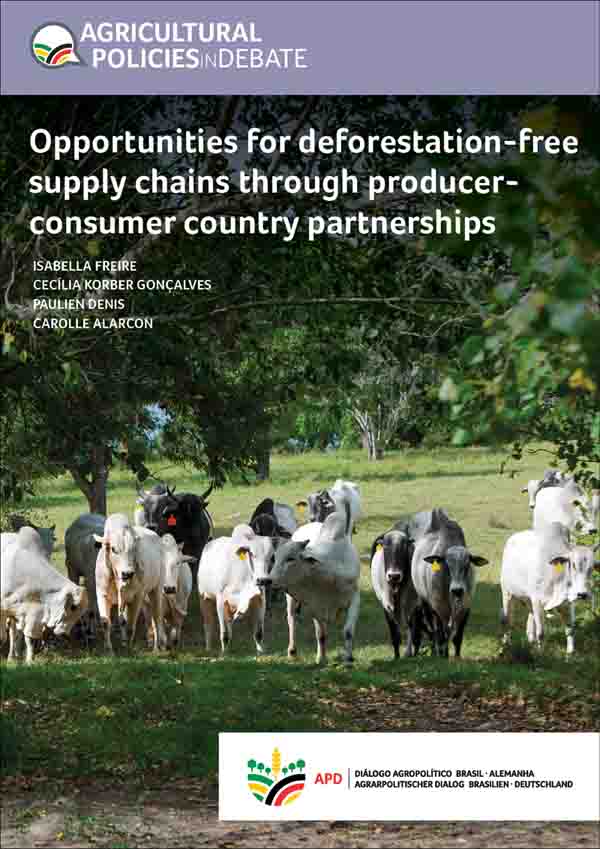 The 2022 Deforestation Regulation of the European Union marks a significant stride in combating deforestation within commodity supply chains. Nevertheless, the compliance requirements for traceability and transparency have left many policy makers and corporations in producer and importer countries in confusion. In the context of Brazil, two key exported commodities affected by this legislation are soy and cattle products, of which a substantial part reaches the borders of the EU.
The 2022 Deforestation Regulation of the European Union marks a significant stride in combating deforestation within commodity supply chains. Nevertheless, the compliance requirements for traceability and transparency have left many policy makers and corporations in producer and importer countries in confusion. In the context of Brazil, two key exported commodities affected by this legislation are soy and cattle products, of which a substantial part reaches the borders of the EU.
Cattle and soy production in Brazil has been linked to deforestation and other natural ecosystem conversion, in particular in the Amazon and Cerrado biomes. Currently, achieving traceability and transparency in cattle and soy supply chains in Brazil presents challenges. This paper aims to highlight opportunities for producer-consumer country partnerships to advance the implementation of compliant traceability and transparency systems in Brazil.
The paper outlines the challenges faced by both sectors and emphasizes the role of private and public initiatives in bringing forward constructive solutions. This work reflects the discussions held in the Brazilian Coalition’s Traceability and Transparency taskforce, which works towards building a national traceability and transparency policy that could address the complexity of the productive sectors‘ supply chains, encompassing both cattle and soy.
Autorinnen

Isabella Freire

Cecília Korber Gonçalves

Paulien Denis


